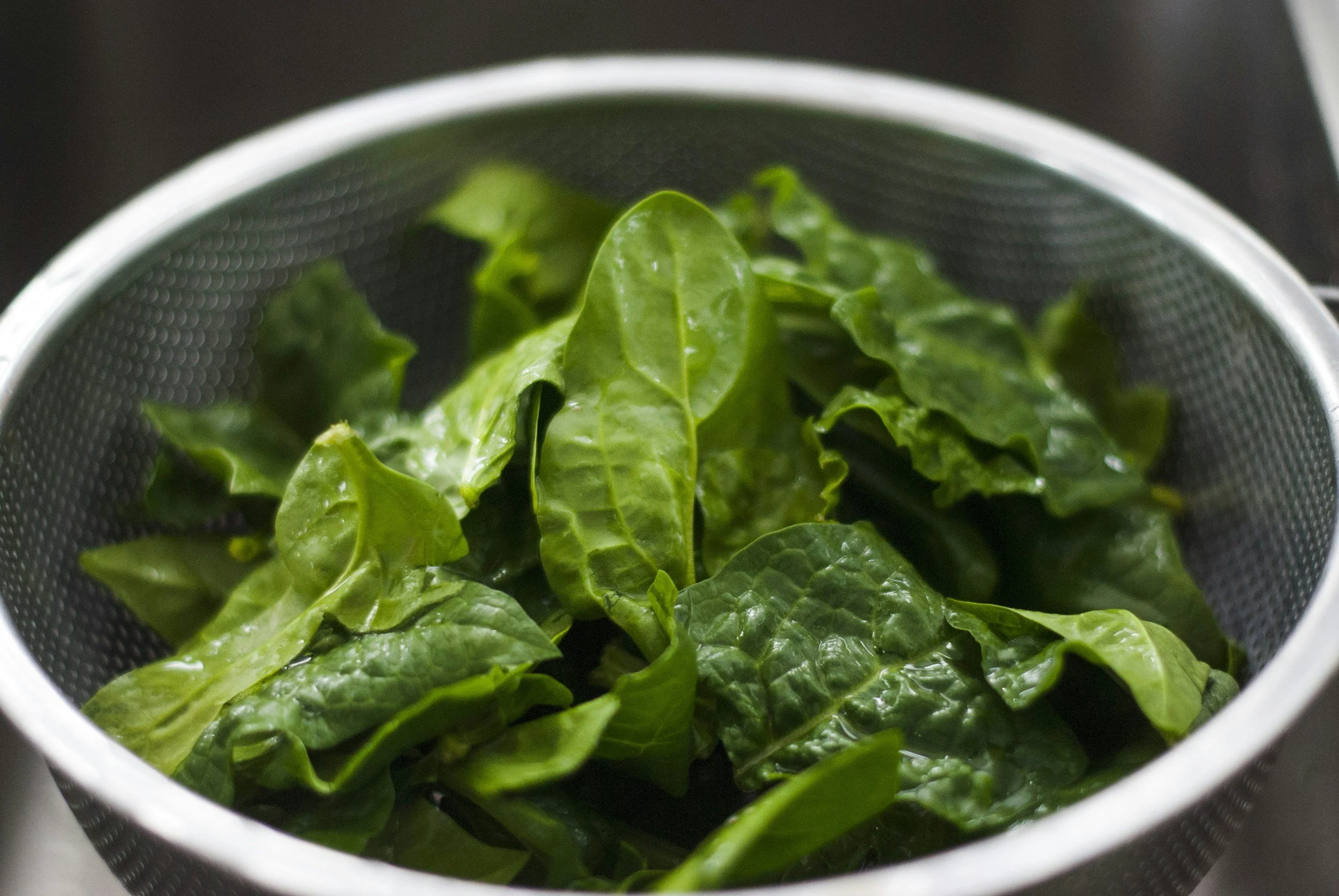Food for Folate: Supporting the MTHFR Gene Mutation with Diet & Ayurveda
I recently discovered that I have a compound gene mutation called MTHFR, which has been the culprit behind many of my physical health challenges. After diving deep into research, I realized that nearly 40% of the population carries some form of this mutation. Understanding how to work with it—not against it—is a game-changer for your health, energy, and immune system.
🧬 What is the MTHFR Gene Mutation?
MTHFR (Methylenetetrahydrofolate Reductase) is a gene responsible for processing folate and converting it into methylated forms your body can actually use. When this gene doesn’t function optimally, it impacts:
Methylation – the process that regulates detoxification, hormone balance, neurotransmitter health, and DNA repair.
Homocysteine levels – which, if elevated, may increase risk of cardiovascular issues.
Energy & mood – imbalances can lead to fatigue, depression, or brain fog.
Testing is affordable and accessible—you can be screened for around $99 through Mosaic Diagnostics or your doctor. Having this information empowers you to take targeted steps toward wellness.
Folate vs. Folic Acid: Why the Difference Matters
One of the most important things you can do if you carry the MTHFR mutation is to understand the difference between folate and folic acid:
Folate – The natural form of Vitamin B9, found in leafy greens, legumes, liver, and certain fruits. Folate supports methylation, nervous system health, and immune balance.
Folic Acid – The synthetic version, commonly found in processed foods and supplements. Those with MTHFR often cannot metabolize it properly, leading to more harm than good.
👉 The key takeaway: load your plate with folate-rich foods and avoid synthetic folic acid in both diet and supplements.
Best Foods for Folate
Incorporating natural folate-rich foods daily can dramatically improve how you feel. Some of the best options include:
Dark leafy greens: spinach, kale, collard greens, romaine
Cruciferous vegetables: broccoli, Brussels sprouts
Legumes: lentils, black beans, chickpeas
Asparagus
Beets
Citrus fruits: oranges, papaya
Avocado
Grass-fed liver (for those who eat animal products)
An Ayurvedic Lens on MTHFR & Folate
From an Ayurvedic perspective, those with MTHFR mutations often struggle with imbalances in Agni (digestive fire)and Ama (toxic build-up). Supporting the body means:
Favoring fresh, whole foods over processed items.
Strengthening digestion with warming spices like ginger, cumin, and turmeric.
Reducing toxins by avoiding synthetic folic acid and heavy processed foods.
Supporting the nervous system with grounding foods and adaptogens such as ashwagandha and tulsi.
This aligns the biochemical science of methylation with Ayurveda’s wisdom of digestion, detox, and balance.
🧪 Testing & Functional Ayurveda Support
If you suspect you may have an MTHFR mutation—or just want clarity around food sensitivities and genetic influences—functional testing is key.
Mosaic Diagnostics testing provides detailed insights into your methylation pathways, helping us understand exactly how your body processes folate.
My Functional Ayurveda packages integrate your test results with diet, supplements, and Ayurvedic practices to create a personalized plan for balance and healing.
Final Thoughts
Healing begins with awareness. By understanding your genetic blueprint and supporting your body with folate-rich foods, you empower yourself to move beyond symptoms and step into a deeper alignment with health.
🌿 Ready to take the next step?
👉 Schedule a Functional Ayurveda consultation with me today and discover how personalized nutrition and Ayurveda can transform your energy and vitality.

